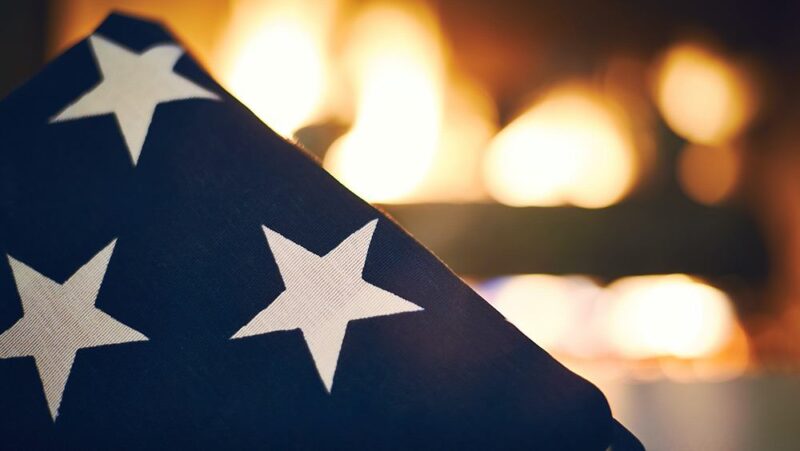Covering Drag and Free Speech in Tennessee

Within just my first year as The Tennessean’s inaugural First Amendment reporter, many remarkable issues have arisen, though one story in particular took the fight for freedom of expression to the national level: that of the state’s attempt to restrict drag performances through the law.
The story for me, anyway, started as many drag-related stories do: with sore feet and an insufferable number of outfit changes.
Instead of performing on a stage, however, swathed in glitter and creative costumes, I was driving at an ill-advised speed across the state of Tennessee at 1 a.m. in early October 2022. I had just traded the nude stilettos and maroon dress I wore for my twin’s wedding rehearsal for a pair of beat-up boots and jeans to report on a drag performance in Jackson, Tenn. A drag performance that, unbeknownst to me, would mark the very beginning of the massive cultural debate in the state.
Weeks previously, my colleague and I heard through our local grapevine rumblings of conflict in our small West Tennessee city regarding an upcoming Pride event and drag show. Although this was just before my transfer to The Tennessean as the First Amendment reporter, the pushback to a constitutionally protected activity immediately piqued our interest.
Leading the charge against the event was a local legislator and members of a local church who — hours before the event was scheduled to begin — argued in court to restrict the event to adults-only attendance, something organizers ultimately agreed to do. Members of the local church advocated heavily for the cancellation of the event, saying events like these “ridicule the basic laws of nature and decency” and are “an improper usage of the First Amendment.”
The restriction of the show to adults-only was not enough, in the legislator’s own words, and he vowed before my furiously scribbling pen that he would take this to the Tennessee General Assembly to prevent such performances from happening across the entire state.
We had no idea that our coverage of the event would lead to months of follow-up stories and serve as the basis for an intense clash between First Amendment rights and religious beliefs. Lawmakers passed a measure classifying “male and female impersonators” as adult cabaret and restricted performances to adults, private property and away from any place where they could be seen by or be “harmful to minors.”
I could go on about the research we did as the story swelled beyond me and the Jackson city limits. I spent hours in the halls of the state legislature, made dozens of phone calls to both supporters and dissenters of the law and collaborated with my new colleagues in Nashville and beyond as I fully took over the First Amendment beat.
Despite intense backlash from across the country, the bill restricting some drag performances became law in early March of 2023, before being swiftly halted by a federal judge as a lawsuit against it worked its way through the courts.
The lawsuit came from a theatre group in Memphis — continuing the city’s long history of standing up to discrimination — and resulted in a Trump-appointed judge ruling that the law was an unconstitutional infringement on the freedom of expression and speech, and it was directly targeting drag performers in a discriminatory way. Additionally, the judge noted that the law could have much farther-reaching effects than written because both the vagueness of the law’s language and the incorrect usage of the legal definition of “obscene” left people with no way to accurately determine if they were breaking the law.
Some of the facts used to determine the outcome were the very statements the local legislator said to me back when this all began — defining his push for the bill as a targeted effort against drag performances, despite his latter statements claiming the opposite. Ironically, freedom of speech and expression is what was threatened under this bill, and the legislator’s own freedom of speech is what helped stop the bill.
The underlying point is that speech — and the reporting of such — is incalculably important. Journalism is about the people, and even bigger than that, the freedom people have thanks to the First Amendment. By the people, for the people — and so in a rather cyclical analogy, the people are the speech, and the speech is the story.
Beyond our paper’s research for this topic, the story was about the young drag performer who stepped shakily onto a Nashville stage for their debut performance, too scared to come out to their parents but so elated to find solace in the local drag community. It was about the long-performing drag queen who excitedly led me backstage after a show closed, dripping rhinestones and smeared makeup, to show me his custom clothing designs that got him through fashion school. It was about the parent who tearfully shouted encouragement for their adult child as they stepped confidently onto the stage, later telling me about how her son used to be terrified to even make eye contact with strangers.
And it was about the local pastor who — although very confused on how drag performances worked (“Are they all queens?” he asked. “Is there a ranking system?”) — was even more confused why there was such a push to restrict free expression, with a law that could be so swiftly used as a weapon to discriminate with abandon.
“What is more godly than living as God made you?” he asked me. I didn’t have an answer that night.
But an answer did come, in a way, when the judge affirmed what many of us know: that the freedom of speech and expression is not about whether you like the speech or not. It’s about allowing the vastness of the human experience to be expressed equally in our diverse society, from the halls of the state legislature to a small stage in Jackson, Tennessee. And to express that fully, reporters must continue to focus every single story on what matters most: the people.
And, clearly, I need to focus on wearing comfier heels.
Angele Latham’s position as the First Amendment reporter for The Tennessean is made possible thanks to a partnership among the Journalism Funding Partners, the Freedom Forum and The Tennessean.
Flag Desecration: Can You Burn the American Flag?
How to Spot ‘Fake’ News: Tips to Detect Disinformation, Misinformation and Biased Content
Related Content
$30,000 Giving Challenge
Support the Freedom Forum’s First Amendment mission by Dec 31st and double your impact.

